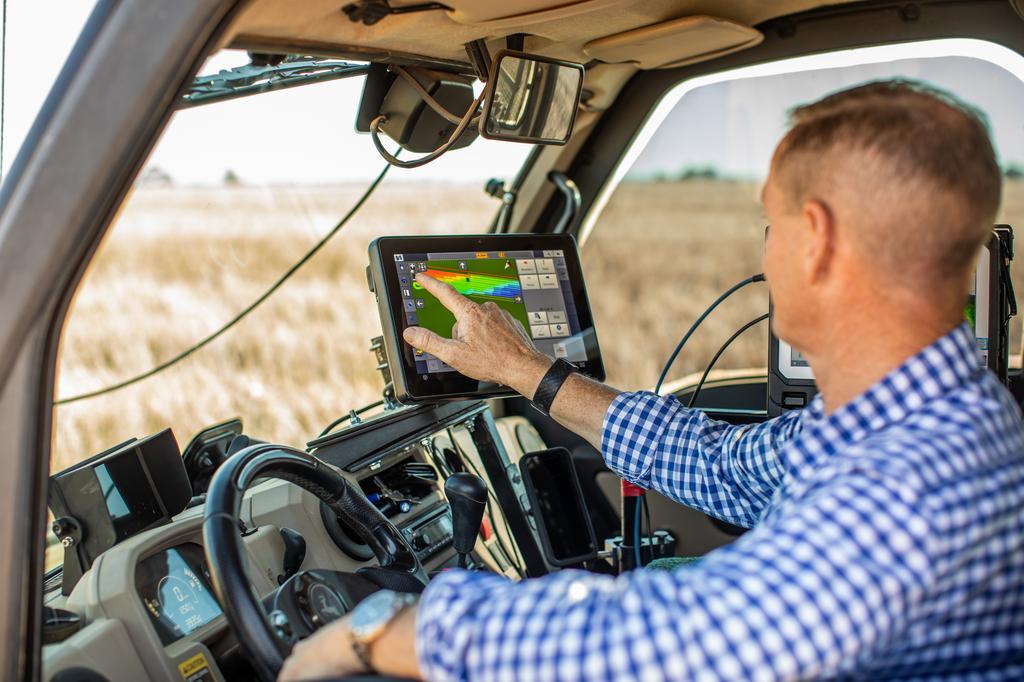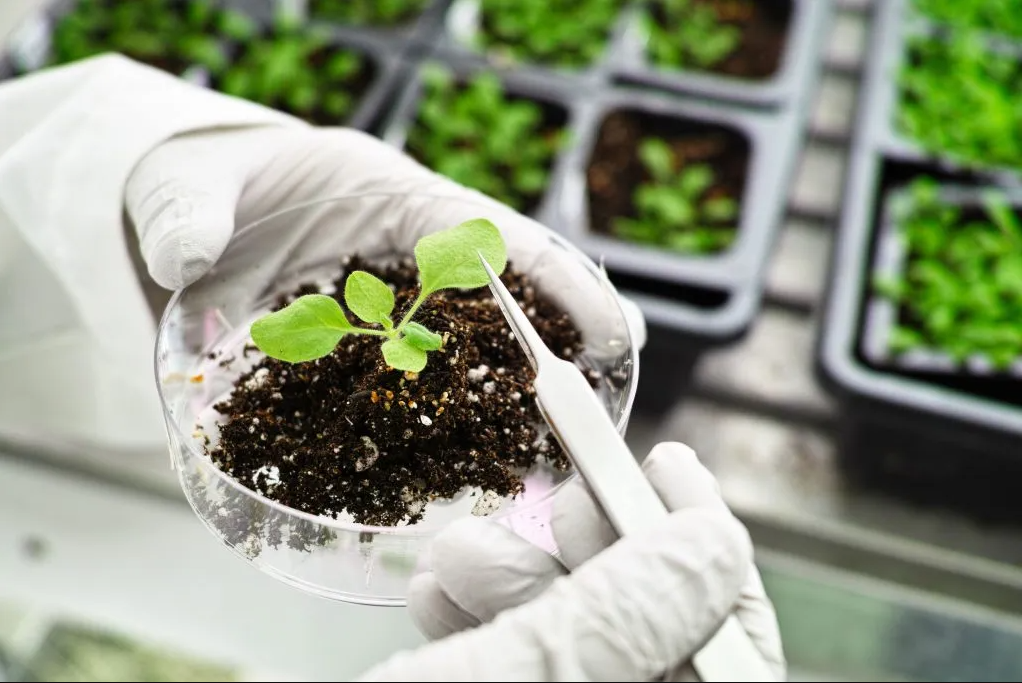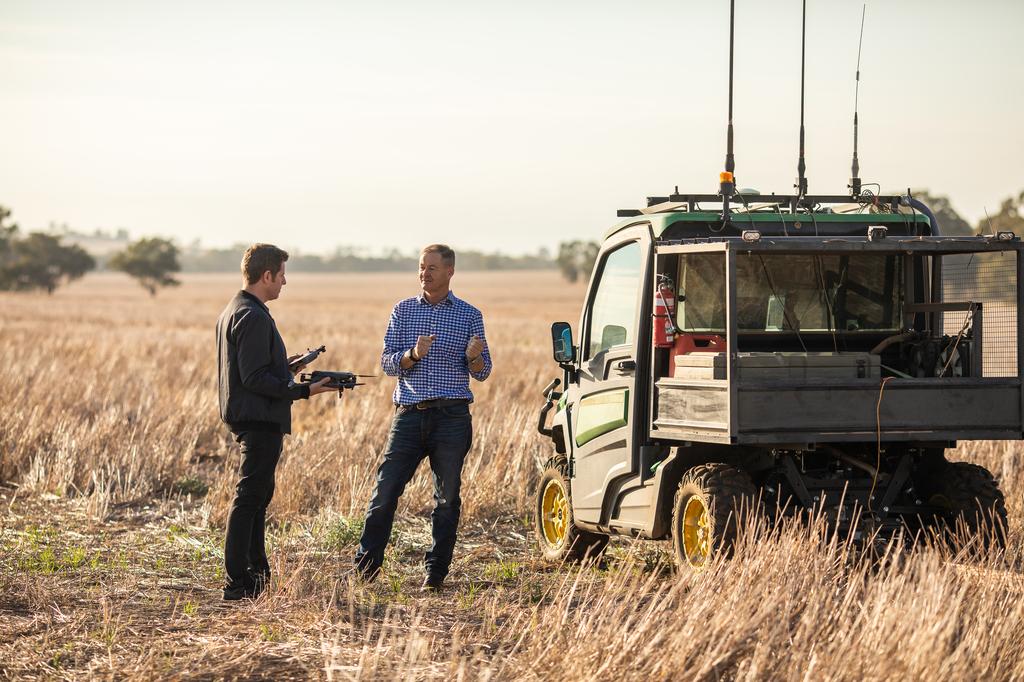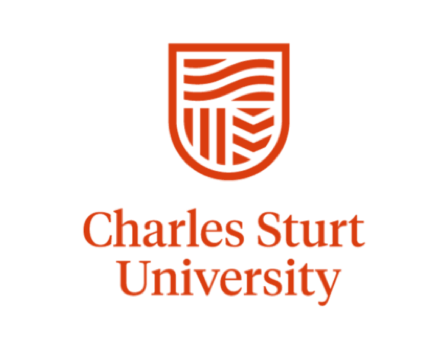On the banks of the Murrumbidgee River, Wagga Wagga – referred to as “Wagga” by locals – sits the biggest campus Charles Sturt University has to offer. Spanning more than 640 hectares, the campus is home to a farm, an equine centre, a vineyard, a winery, and a huge range of state-of-the-art facilities for student use.
The Wagga campus, about halfway between Melbourne and Sydney, offers a wide range of course options. Here, you will not only get a unique study experience at one of Australia’s fastest growing regional cities, you are also at the centre of a campus with a proud sporting history, a thriving cultural calendar, and a growing restaurant and cafe scene.
For those pursuing a master’s degree in agriculture, there are even more perks. You stand to learn new and emerging agricultural technologies in all elements of your course to assist in the improvements of farming and operational practices. These emerging agricultural technologies include global positioning systems, remote sensing, information technology and database management systems.

The setting for you to prepare for leadership roles in policy, research and strategic management in a wide range of industry contexts: Wagga’s agriculture hub.
Located in the heart of Australia’s major agricultural region, the on-campus farm features horticulture, livestock and cropping enterprises managed according to best industry practices. It houses the most sophisticated underground root growth laboratory in the southern hemisphere. It has Australia’s first fully-automated commercial farm, the Global Digital Farm.
These facilities – five laboratories, modern glass house facilities, working models of a range of irrigation systems, and an on-campus 1,600-hectare university farm – add to the hands-on experience. It is quite clear that Charles Sturt does not take research and advancement of the agricultural sector lightly. The university’s mission is to change the world, and to do so will require more than just talk, which is why Charles Sturt students as well as faculty members “roll up their sleeves and turn ideas into action.”
By default, that is what awaits you when you join the Master of Agricultural Science programme at Charles Sturt. Experiential learning starts from the get go in this two-year degree. The university employs this teaching method to ensure that students will be industry-ready not upon the completion of the course, but from the very first year of study.
All three of its specialisations – Agricultural Business Management, Digital Agriculture, and Sustainable Agriculture – have modules that focus on new and emerging agricultural technologies. In the future, digital agriculture and big data will play a huge role in agriculture through promoting data generation as well as advanced analytics so farmers can make smart decisions and benefit from an economical use of input and labour. Charles Sturt knows this, and that is why the Digital Agriculture track includes courses like Geographic Information Science Foundations, Remote Sensing, and Geographic Information Science Applications.

Experts lead these courses. They are not just published scholars, but exemplary professionals in the fields of agriculture and environmental sustainability. When they’re not teaching and inspiring tomorrow’s agricultural experts, they are developing ecological strategies to combat pests, delving into geospatial research, and championing new technologies and natural environments.
“At Charles Sturt University, we believe in making a difference. We are proud of our international research across many disciplines, including agricultural and veterinary science; education; biological, environmental and chemical sciences; ethics and philosophy,” says Vice-Chancellor and President of Charles Sturt, Professor Renée Leon. “Our academics are proven experts in their fields, and our research connections span the globe.”
Just as Leon said, you will be learning from leaders of the agriculture field no matter what specialisation you choose. This means that you will get the chance to network for your future career as an agricultural expert. Charles Sturt’s partnerships with the NSW Department of Primary Industries, AgriPark, and the Australian Department of Agriculture, Fisheries and Forestry are valuable connections for future graduates of the Master of Agricultural Science programme.

You’re set for a headstart in your career — that is likely to be paid well too. According to the Good Universities Guide 2021/22, the university’s postgraduates earn a median starting salary of US$95,000.
So what are you waiting for? It is time to apply and prepare for your future within the agriculture or agribusiness sector with a master’s degree from Charles Sturt University.
Follow Charles Sturt University on Facebook, Twitter, Instagram, YouTube, and LinkedIn.
Charles Sturt University is an Australian University, TEQSA Provider Identification: PRV12018. Charles Sturt University CRICOS Provider: 00005F.
Master of Agricultural Science (with specialisations) CRICOS Code: 109132E.












